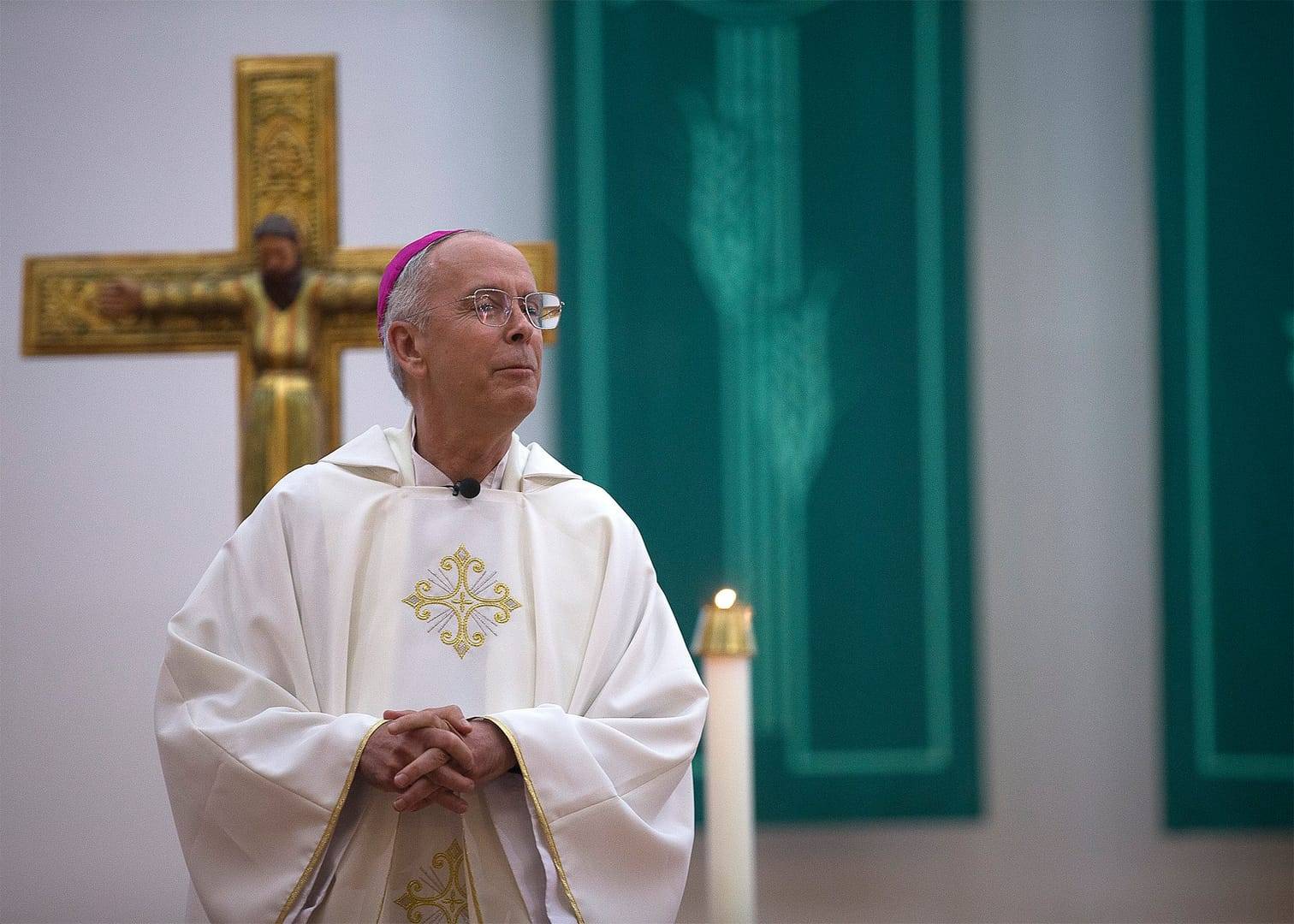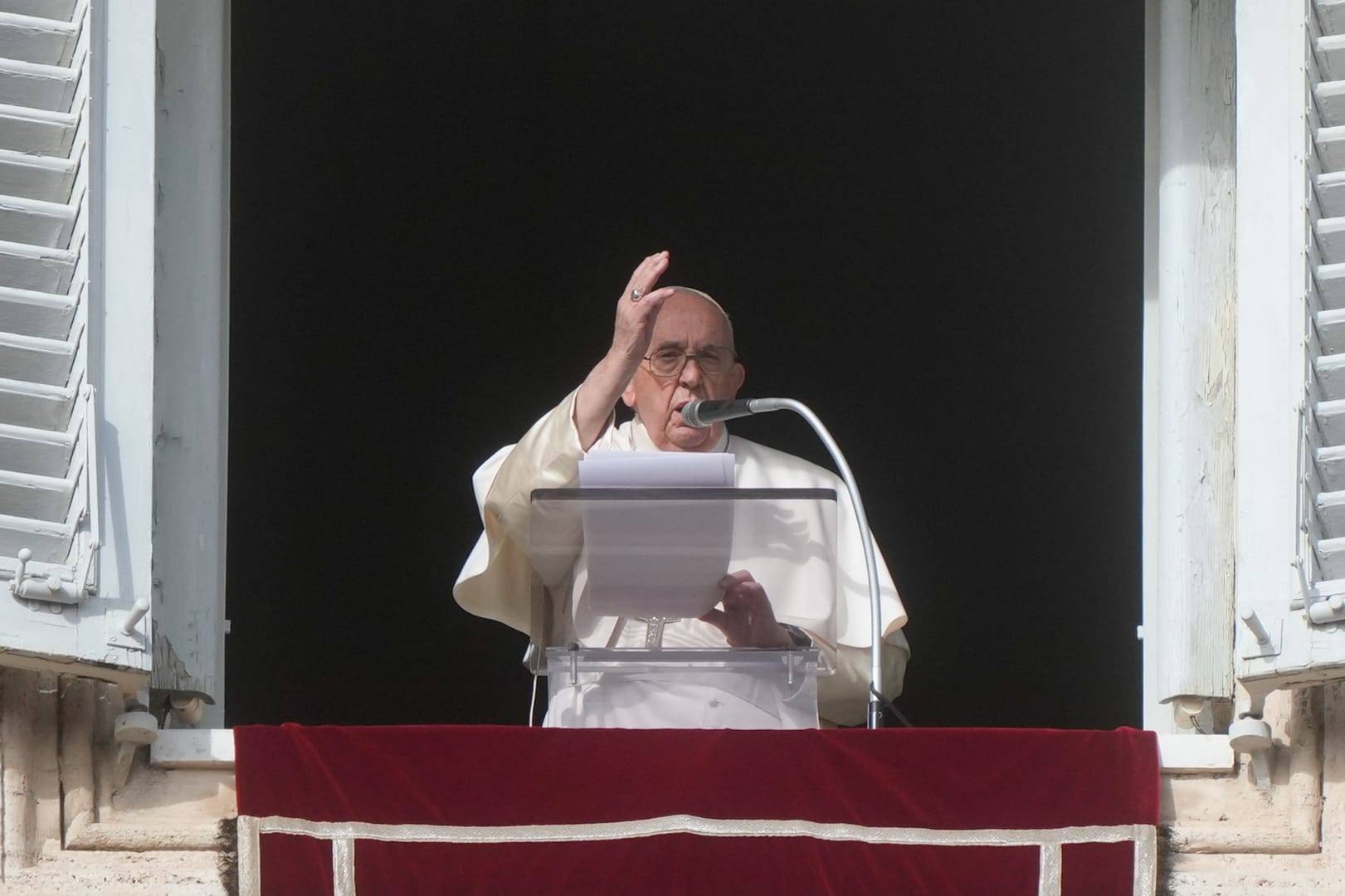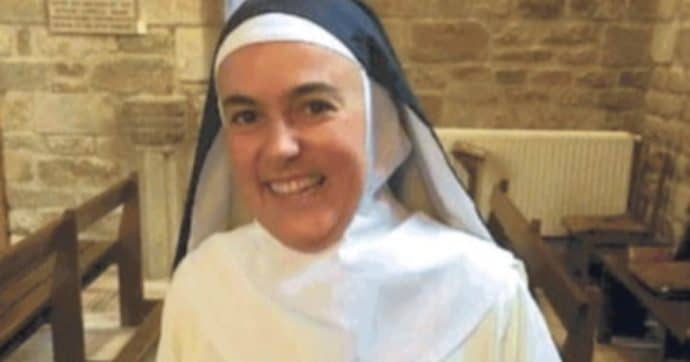YAOUNDÉ, Cameroon – Catholic bishops in the Democratic Republic of the Congo have said they are united with the people of the country: “We share their joys and hopes, their sorrows and fears.”
The country has been hit by a series of protests after elections were delayed once again in the country.
President Joseph Kabila has been in office for over 15 years, taking over from his father, Laurent-Desire Kabila, who was assassinated in 2001. In 2006, an election confirmed him in his post. He was re-elected for a second mandate in 2011.
After Kabila’s failure to step down after the end of his second term in December 2016, as mandated by the constitution, protests left dozens of people dead.
A Dec. 26, 2016 agreement, overseen by the Catholic hierarchy, called for power sharing between Kabila’s party and opposition parties in the buildup to a presidential election at the end of December 2017, in which Kabila would not be a candidate.
Despite the accord, Kabila seems intent on staying in office.
RELATED: Congo political crisis worsened by cholera epidemic
At the end of an extra-ordinary meeting of the Congo bishops, the prelates issued a Feb. 17 statement saying they are ready to help find a solution to the crisis.
“The Church is not subservient to any political organization. Its sole responsibility is to contribute to the wellbeing of the entire Congolese people, to the safeguarding and promotion of human dignity, to the respect for life, freedoms and fundamental rights,” the statement said.
The bishops said they were “deeply concerned by the very serious facts and hostile attitudes” now enveloping the country, noting the situation could degenerate into conflict in an election year.
In the absence of any credible opposition and a free press, the Catholic Church is emerging as the only credible voice that can speak up for the people of the Congo in the face of Kabila’s regime.
Catholics make up nearly half of Congo’s 80 million people, and the nation’s bishops are held in high respect by most.
The Church operates much of the educational, medical, and social welfare infrastructure in the country, which has been plagued by conflicts for decades.
RELATED: Bishops defend Congo Church’s role in ‘actions affecting politics’
In their statement, the bishops complained about the “bloody repression” of peaceful demonstrations which took place on Dec. 31, 2017, and Jan. 21, 2018.
The demonstrations were organized by the Lay Coordination Committee, a Catholic organization, and were calling for Kabila to step down.
The crackdown left at least eight people dead, dozens injured, and over 100 others arrested.
The bishops asked, “Why so many deaths, injuries, arrests, kidnappings, attacks on parishes and ecclesiastical communities, humiliation, torture, intimidation, desecration of churches, prohibitions to pray?”
In their statement, the bishops once again reiterated the government must abide by the 2016 deal, even belatedly.
“Can we pretend to be preparing for peaceful elections and fail to implement the St Sylvester Agreement which is a prerequisite? Failure to implement the agreement can only lead to disputed elections and new crises.”
The bishops called for the complete implementation of the accord, particularly with regards to freedom of the press, the release of political prisoners and the return home of opponents exiled abroad, as well as finding a quick solution to the controversy over the electoral voting machines provided by the Independent Electoral Commission.
There have been complaints that there is not enough time to train staff to run the new machines, and suggestions that the results will be subject to tampering.
Spreading insecurity
The bishops also said they were deeply concerned about the spreading insecurity that has affected several provinces in the country.
Much of this fighting stems from the Second Congo War, which ended in 2007, and caused the deaths of millions in nearly five years of fighting.
Since the war ended, various militia groups have continued to function in the east and south of the country.
The violence in these areas – where there is strong opposition to the Kabila government – has risen since the agreement brokered by the bishops collapsed.
“In the Grand Kasai, in North and South Kivu, in Ituri, the presence of assailants who sow death and desolation makes one think of a set up plan of occupation and balkanization,” the bishops write.
The Church under attack
The bishops also expressed concern over continued attacks on Catholic churches and clergy, denouncing what they described as “the campaign of discrediting and defamation of the Catholic Church and its hierarchy.”
“The national and international community is witness to a series of campaigns of intoxication, discredit and defamation aimed at weakening the moral strength of the Church, particularly of His Eminence Cardinal Laurent Monsengwo, Archbishop of Kinshasa, and to divert the attention of the population from the real problems,” the bishops’ statement says.
In February last year, Cardinal Laurent Monsengwo of Kinshasa published a message condemning what he called “targeted attacks” on the Catholic Church.
The cardinal had warned that the Church was being deliberately attacked “in order to sabotage her mission of peace and reconciliation.”
Besides frequent attacks on church buildings, church personnel in the Congo have also been subject to kidnappings, and have even been murdered.
The bishops have said their faith will not be shaken by such attacks, and that they will remain faithful to their prophetic mission.
“We will never abandon our commitment to ensure the emergence of a state of law in the DRC.”
Pope Francis has asked for prayers for peace, especially in Congo and South Sudan on Feb. 23.

















